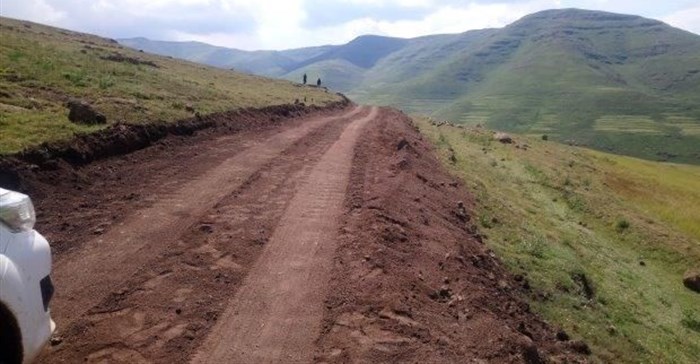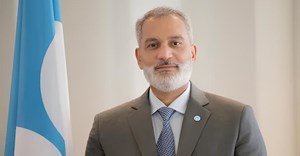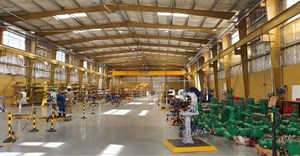Innovative thinking needed to kickstart infrastructure development

The government has also committed R791bn worth of funding towards infrastructure in the 2021 Medium-Term Expenditure Framework (MTEF). Here efficient procurement is key in terms of the government’s capacity to bring projects to market in a timely fashion, says Darrin Green, managing director, Africa, Aecom.
“We are all aware of the need for sound procurement principles, but real innovative thinking needs to happen so that procurement can be dramatically accelerated to have the necessary impact on the economy – and quickly,” he says.
In addition, the consulting engineering and construction sector has been in serious difficulty and shrinking for some time, certainly prior to the Covid-19 pandemic, and is steadily losing skills and capacity to support the infrastructure drive. “The emphasis needs to be on fast-track procurement and delivery,” Green says.
Consolidation and adaptation
The biggest opportunities in terms of infrastructure in Africa at the moment are: energy (particularly renewables such as hydro, wind and solar power), environment, social and governance (ESG), digital-related infrastructure such as data centres, and basic infrastructure, especially in terms of water management, reuse and sustainability. Capacity and skills remain a challenge, while funding is always a constraint, especially where budgets are being redirected.
Looking ahead, Green predicts that 2021 is likely to be a year of consolidation and adaptation. “The vaccine rollout will play a major role in both South Africa and the rest of Africa in terms of bringing back economic activity and confidence. The consulting engineering industry is key to economic recovery, being second in the supply chain after government and client procurement.”
Green believes the focus is increasingly on digitalisation and innovation. “We certainly see these trends accelerating, and perhaps more so in Africa, where innovation and digital technology can leapfrog and bridge the relative absence of hard infrastructure,”
The use of remote sensing, drones and digital tools on-site for streamlining inspection requests, test results and approvals is also becoming more prominent, as with the pilot site at the Polihali Western Access Roads project in Lesotho.














